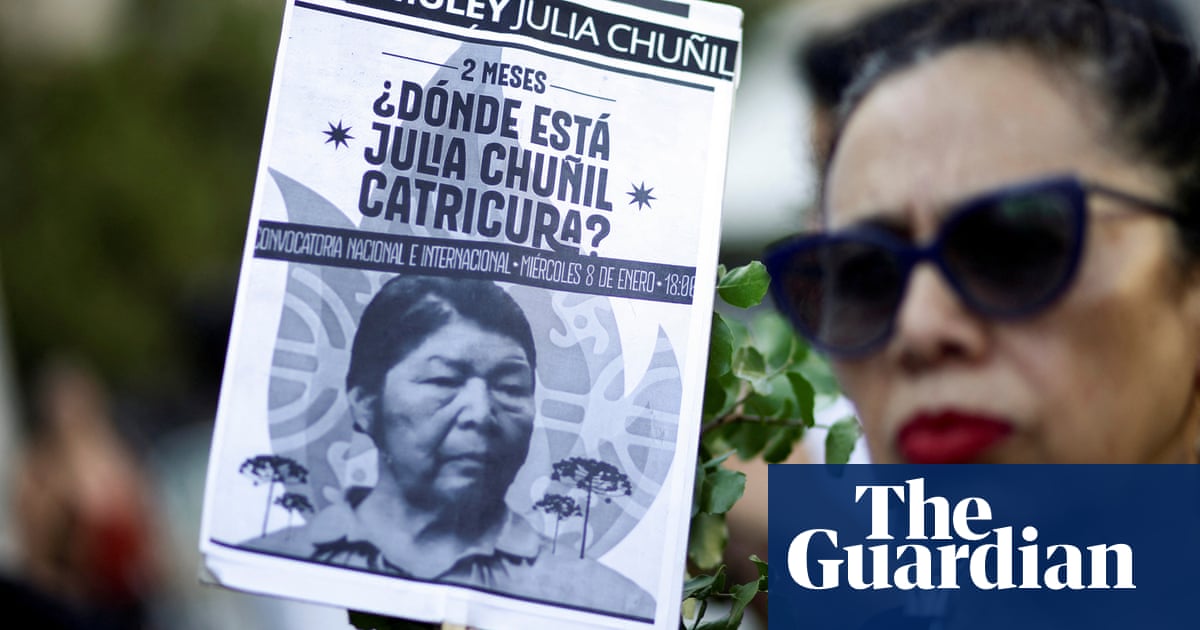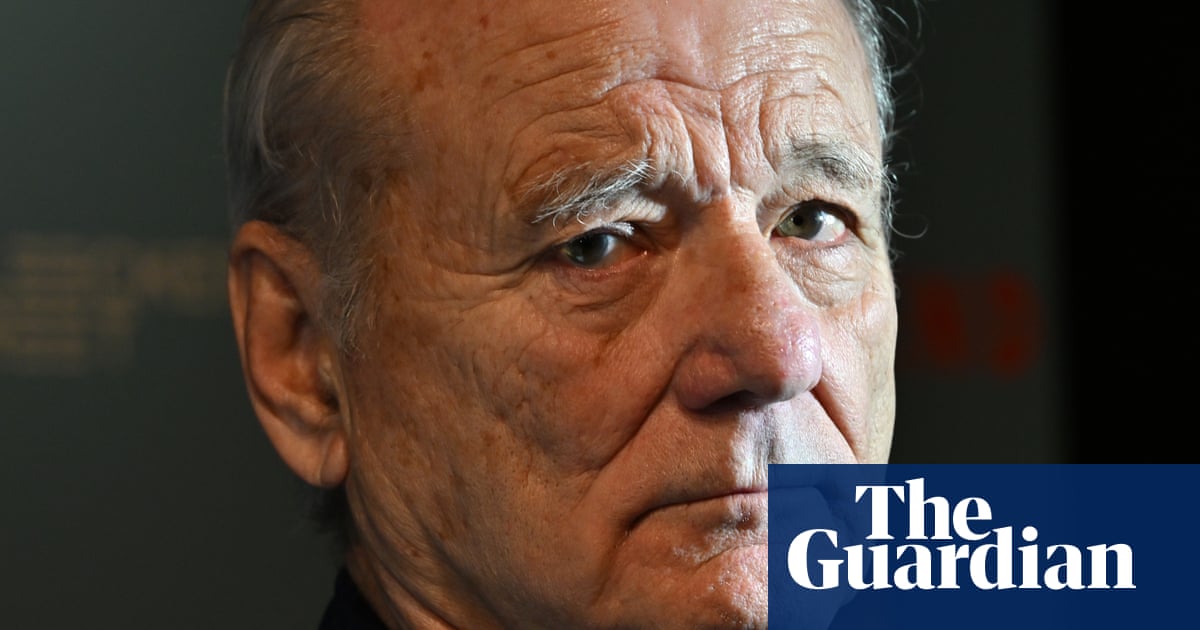Best known as the author of the Crongton series of young adult novels, Alex Wheatle, who has died aged 62 of prostate cancer, was a writer, speaker and activist whose well-observed stories based on his own life gave a painful and vivid picture of his tough early years and adolescence in south London.
His experiences, of growing up in an abusive care system, police brutality and a spell in prison, shaped Alex’s worldview and he wanted others to know about them; his passion and anger were tempered but never dulled by his subsequent success as a writer. Known as the Brixton Bard, he wrote fiercely but with understanding, energy and humour in a series of adult novels, starting with Brixton Rock (1999), before switching to young adult (YA) fiction.
In 2020 Alex’s early life was the focus of Steve McQueen’s film Small Axe: Alex Wheatle, the fourth drama in his BBC television anthology series highlighting institutional racism and the black British experience from the late 1960s to the early 80s.
Alex was placed in care as a toddler and grew up in Shirley Oaks, a children’s home in Croydon where, it was later revealed, physical, mental and sexual abuse had been widespread over decades; he wrote of the violence inflicted on him in Sufferah: Memoir of a Brixton Reggae Head (2023). He was born in Brixton, the son of Almira Gunter, who was married with four children when she arrived in the UK in 1961, where she met Alfred Wheatle, also from Jamaica, who worked as a carpenter. Soon after Alex’s birth, his mother returned home, leaving her baby son with his father, who struggled to cope.

At 15, Alex was moved from Shirley Oaks to a social services hostel in Brixton. Here, he had his first experience of the West Indian community and was quick to embrace his black identity with clothes, hair, language and particularly reggae music, appearing as DJ Yardman Irie at 16 and becoming a founder member and the lyricist of the Crucial Rocker sound system group. He was also active in the struggle against police racism and brutality, and was arrested and given a prison sentence for his involvement in the Brixton uprising of 1981.
Alex’s cell mate during his four months in Wormwood Scrubs was Simeon, a Rastafarian who recognised the younger man’s deep feelings of isolation.
“He understood too well that I was disconnected from my roots, culture and people from the moment I was taken into care at two and a half,” Alex wrote later. “He took it upon himself to reconnect me. He pushed CLR James’s The Black Jacobins into my eager hands. ‘This will tell you ah liccle something about where you come from and where you stand in the struggle,’ he said.”
He introduced Alex to other black authors including Chester Himes, who Alex later cited as the inspiration for his own writing, along with Maya Angelou, Charles Dickens, Linton Kwesi Johnson and John Steinbeck.
But when Alex began to write, it was his life not books that inspired his debut novel, Brixton Rock; set in 80s south London, its central character, 16-year-old Brenton Brown, carries the same story of neglect and subsequent rebellion against authority. It was praised by critics and won the London Arts Board new writers award in 1999.
This was followed in 2001 with East of Acre Lane, “a similarly hard-hitting slice of social commentary”, said one critic, set against the backdrop of the 1981 riots; and several other books including The Dirty South (2008) and Brenton Brown (2011), a sequel to Brixton Rock.
He also drew on his own story for Uprising, a one-man play he wrote and first performed in 2011, in London and on tour, before touring it again in 2012 as part of the 50th anniversary celebrations of Jamaican independence.

Despite his success, and being made MBE for services to literature in 2008, Alex became disillusioned with adult publishing – “I felt like I was this token black writer who writes about ghetto stuff” – and turned instead to fiction for young adults, telling similar stories but in a lighter style and with more imaginative licence. Instead of recreating Brixton, Alex created Crongton, his own fictional world, with a multicultural cast of pumped up, slang-speaking teenagers navigating life on an inner-city estate.
Character-led and told mostly through raucous dialogue, the Crongton stories gave a realistic picture of growing up in contemporary Britain. The switch to YA brought Alex immediate success. Liccle Bit (2015) was longlisted for the Carnegie medal in 2016 and Crongton Knights (2016) won the Guardian children’s fiction prize.
“There was a real sense of excitement, both in the room and among readers, when Alex was announced as the 50th winner of the Guardian children’s fiction prize,” remembers Claire Armitstead, then books editor at the Guardian.
“Here were sexting and gang violence and early-morning bailiffs’ visits to tower block flats: the stuff of grim news headlines freshly minted in a glorious invented slang that gave his characters ownership of their stories with not a whiff of condescension. As the author and prize judge David Almond said, the novel ‘hummed with the beat of real life’.”
More Crongton books followed, including Straight Outta Crongton (2017) and Kerb Stain Boys (2018), as well as YA novels exploring aspects of black history including Cane Warriors (2020), on a slave rebellion in Jamaica in 1760, and Kemosha of the Caribbean (2022), about an escaped slave girl’s adventures as a pirate. A 10-part BBC comedy drama series, Crongton, based on the books, launched in March.

I first met Alex when he won the Guardian children’s fiction prize. I was inspired by his passionate belief that, by telling the stories of his life and the lives of other children like him, he could make a difference to young readers who had largely been excluded from representation in books. He later summed up what the recognition brought by the award meant to him: “I still see myself sometimes as ‘little Alex’ who never thought he would achieve anything. You grow up with this low self-esteem that is hard to fight against.”
He spoke in schools and at festivals, encouraging young people to write their own stories. Aine Venables, the education manager of Hay festival who took him on a week’s tour speaking to children across Wales, said: “Alex’s life experience and his warmth grounded his writing, and his storytelling brilliance captivated thousands of young people.”
Last year, as a “Thinker in Residence” at Hay, speaking to audiences of all ages, Alex advocated for greater interventions by government and those involved in the book world to do more to help even the very youngest children to enjoy reading so that their lives, like his, could be changed. He also campaigned for Prostate Cancer UK, having been diagnosed with the disease in 2023, speaking honestly to men, particularly black men, to debunk fears about the necessary check up.
He is survived by his wife, Beverley (nee Robinson), whom he married in 1999, and their three children, Marvin, Tyrone and Serena.

.png) 1 day ago
4
1 day ago
4













































